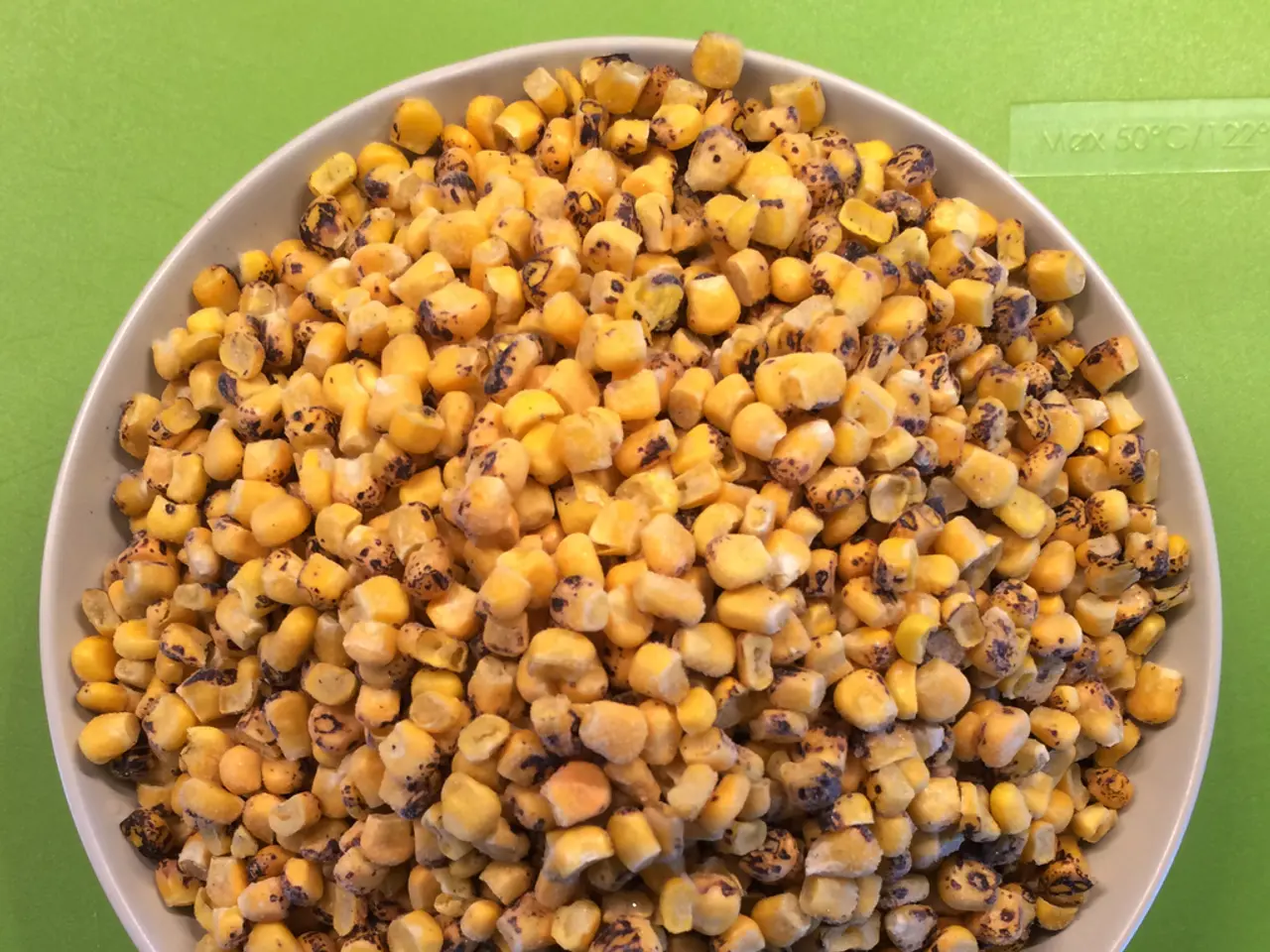Faba Bean Breakthrough: Gene Discovery Paves Way for Anti-Nutrient Free Varieties
Scientists have pinpointed the genetic cause behind low vicine and convicine content in faba beans. This discovery, published in Nature Plants, paves the way for breeding faba beans free from these anti-nutritional compounds, benefiting the approximately 4% of the world's population sensitive to them, a condition known as favism.
The research team, led by scientists such as T. Björnsdotter, B. Wang, and M. Duhme-Klair, found that a specific mutation within the VC1 gene reduces the synthesis of vicine and convicine in faba beans. The VC1 gene is responsible for producing these compounds. Faba beans, an excellent source of food protein, out-perform soybean in cool climates and have the second-highest yield globally among legumes, with the highest seed protein content of starch-containing legumes. They are a prime protein source for facilitating a global switch to a plant-based diet. The team aims to breed faba beans completely free from vicine and convicine to contribute to food safety and sustainability.
The identification of the VC1 gene's role in vicine and convicine production in faba beans is a significant step towards breeding varieties free from these anti-nutritional compounds. This will make faba beans more accessible and safe for consumption, supporting global food sustainability and a shift towards plant-based diets.






